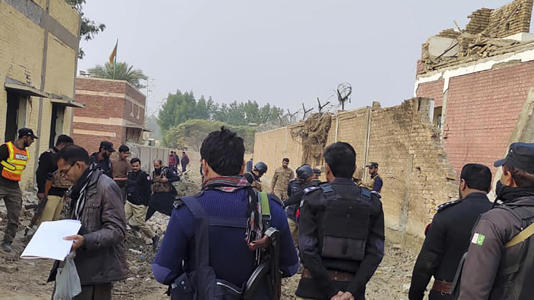In the wake of the Taliban’s resurgence in Afghanistan, Pakistan has experienced a significant increase in violence. Over the past two years, 16 suicide attacks have been carried out by Afghan attackers on Pakistani soil. This alarming trend was highlighted by Anwar Haq Kakar, the Prime Minister of Pakistan’s interim government.

Kakar further revealed that an additional 16 Afghans have engaged in clashes with Pakistani forces in border areas. These confrontations have escalated tensions between the two nations, raising concerns about regional stability.
The Prime Minister expressed frustration with the Taliban’s response to these issues. According to Kakar, the Taliban’s advice to Pakistan has consistently been to "look for the reasons in Pakistan". This suggests a lack of accountability on the part of the Taliban and a dismissal of Pakistan’s security concerns.

In response to the escalating violence and the Taliban’s dismissive stance, the interim government of Pakistan has decided to adopt an inward-focused strategy. This approach aims to address the root causes of these attacks within Pakistan itself, rather than solely attributing them to external factors.
The rise of the Taliban in Afghanistan has had significant implications for Pakistan. While the Taliban’s control over Afghanistan has given Pakistan a geopolitical edge over India in the broader Central Asian region, it has also led to an increase in terrorist activities within Pakistan. The Pakistani government is now grappling with the dual challenge of managing its relationship with the Taliban while ensuring the safety and security of its citizens.
Follow Daryo's official Instagram and Twitter pages to keep current on world news.
Comments (0)